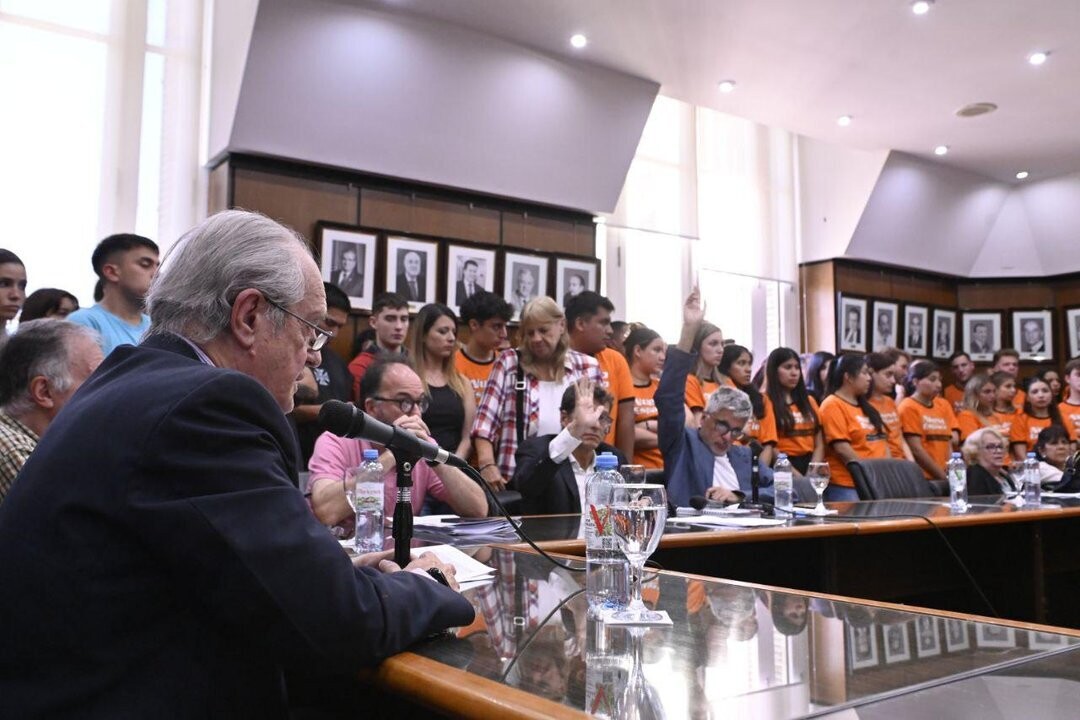
The Economics and Administration programs at the University of Buenos Aires (UBA) have been modernized and updated. The new curricula will allow for a reduction in study time by up to one year and will also include new specializations. According to authorities from the Argentine News Agency, the Governing Council voted for the update and modernization of the curricula for the Economics and Administration programs at the Faculty of Economic Sciences of UBA. The final approval is pending at the Higher Council of the University of Buenos Aires, scheduled for November.
With the aim of improving and modernizing student training, the minimum content of all subjects will be updated to achieve better articulation, allowing students to complete their studies in less time and preparing them for the dynamic job market. The Economics program will be much more personalized, with a focus on specific demands from the first year. A comprehensive redesign of the curriculum will be included in the first year, ensuring solid preparation for the production world and offering Guided Cycles and Cross-Competencies. A University Bachelor’s degree in Economic Sciences - Administration Pathway will be awarded to those who complete 1,620 hours of a specific training path.
Regarding Administration, management is crucial in various organizations, and the new Bachelor's degree in Administration is shorter and includes enhanced subjects. The curriculum design integrates content from administration, economics, accounting, and information systems to adapt professional training to societal and market demands, following recommendations from international organizations. The courses will be divided into three cycles: General Cycle, Professional Cycle, and Directed Professional Cycle.
Professor Ricardo J. M. Pahlen, Dean of the Faculty, emphasized that the new curricula will provide flexibility in coursework, allowing students to graduate in less time. New specializations will be implemented in both programs, such as Business, Government and Public Policies, and Economic Analysis and Research. Additionally, the scheme of prerequisite subjects will be simplified, elective courses on handling large volumes of data will be added, and tools for informatics and software for data processing will be included. A thesis will only be mandatory for the specialization in Economic Analysis and Research.













